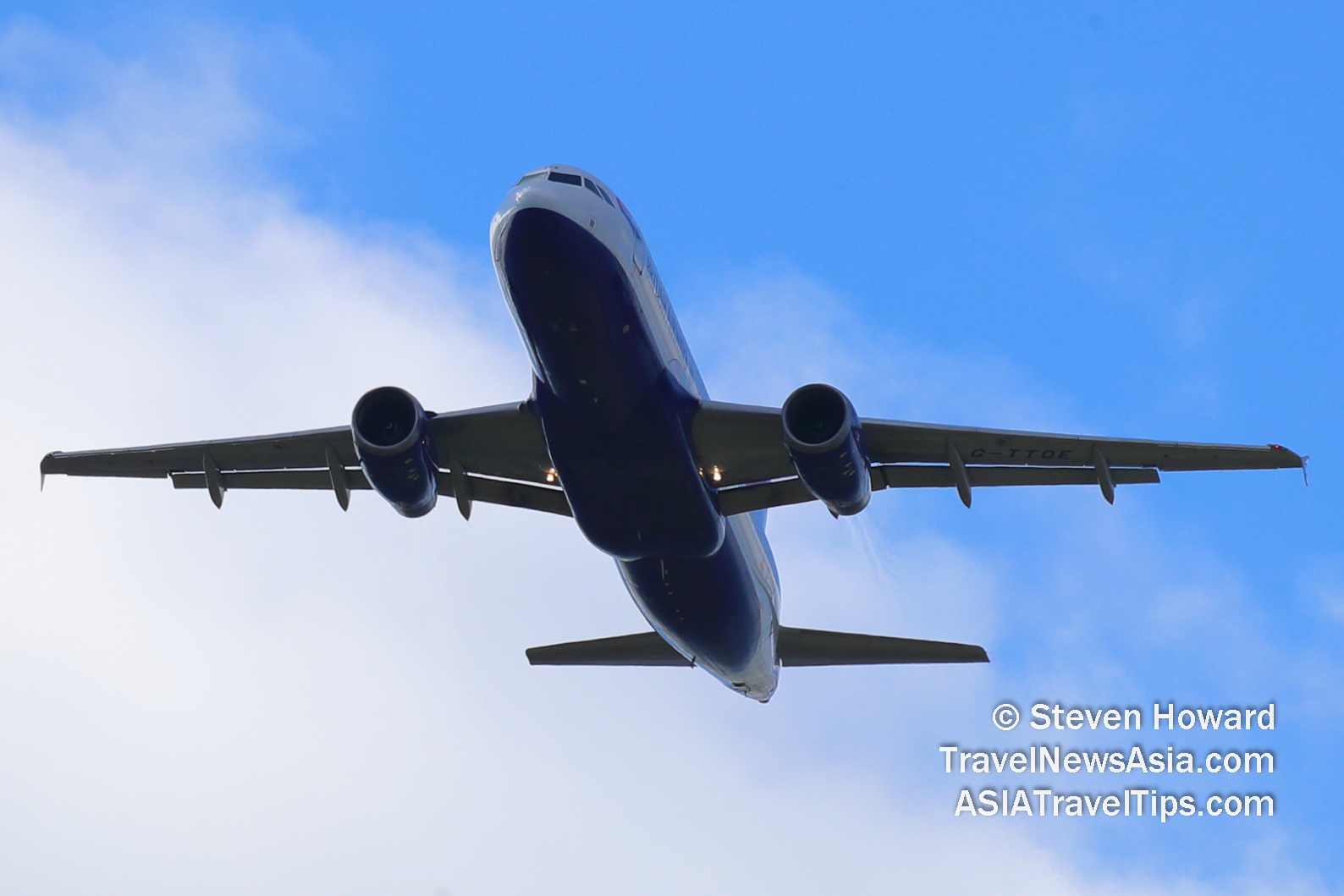|
(26/11/2021)
The UK has added six African countries to its
red list.
From midday on Friday, 26 November, non-UK and
Irish residents who have been to South Africa, Botswana, Lesotho,
Eswatini, Zimbabwe or Namibia in the previous 10 days will be
refused entry into England.
This does not apply to those who have stayed
airside and only transited through any of those countries while
changing flights.
UK and Irish residents arriving between midday on
26 November and 4am on 28 November from those six countries will
be required to self-isolate at home for 10 days.
They must also take PCR tests on day 2 and day 8
post-arrival. Passengers will need to do them even if they have
already booked or taken their lateral flow test.

British Airways A320 reg: G-TTOE. Picture by Steven Howard of TravelNewsAsia.com
UK and Irish residents arriving from 4am Sunday
must isolate in a government-approved facility for 10 days. During
their stay, they will be required to take a coronavirus test on
day 2 and day 8.
A temporary ban on commercial and private planes
travelling from the six countries will also come into force at
midday on Friday until 4am Sunday to reduce the risk of importing
this new variant under investigation while hotel quarantine is
stood up. This excludes cargo and freight without passengers.
The restrictions are being put in place due to a
new COVID19 variant which is causing a lot of concern globally. The
variant B.1.1.529 (or Omicron, as the WHO has named it) includes an unusually large number of
spike protein mutations as well as mutations in other parts of the
viral genome.
Dr. Jenny Harries, UKHSA Chief Executive, said,
"This is the most significant variant we have encountered to date
and urgent research is underway to learn more about its
transmissibility, severity and vaccine-susceptibility. The results
of these investigations will determine what public health actions
may limit the impact of B.1.1.529.
"This is a clear reminder to everyone that this
pandemic is not over, and we all have a responsibility to do what
we can to limit transmission and reduce the infection rate and
prevent the emergence of new variants. This means coming forward
for vaccination as soon as possible and following public health
advice. Wear a face covering in crowded places where it�s
difficult to avoid coming into close contact with others, try to
meet people in well-ventilated areas and seek a test immediately
if you have symptoms."
The first genomes of this variant were uploaded to
the international GISAID database on 22 November. Genomes have now
been uploaded from South Africa, Botswana and Hong Kong but the
extent of spread is not yet determined.
The WHO has called an emergency meeting which will
be held on Friday, 26 November to discuss B.1.1.529.
Israel has also put travel restrictions in place
and more countries are expected to follow suit.
|
Headlines: |
|
|
